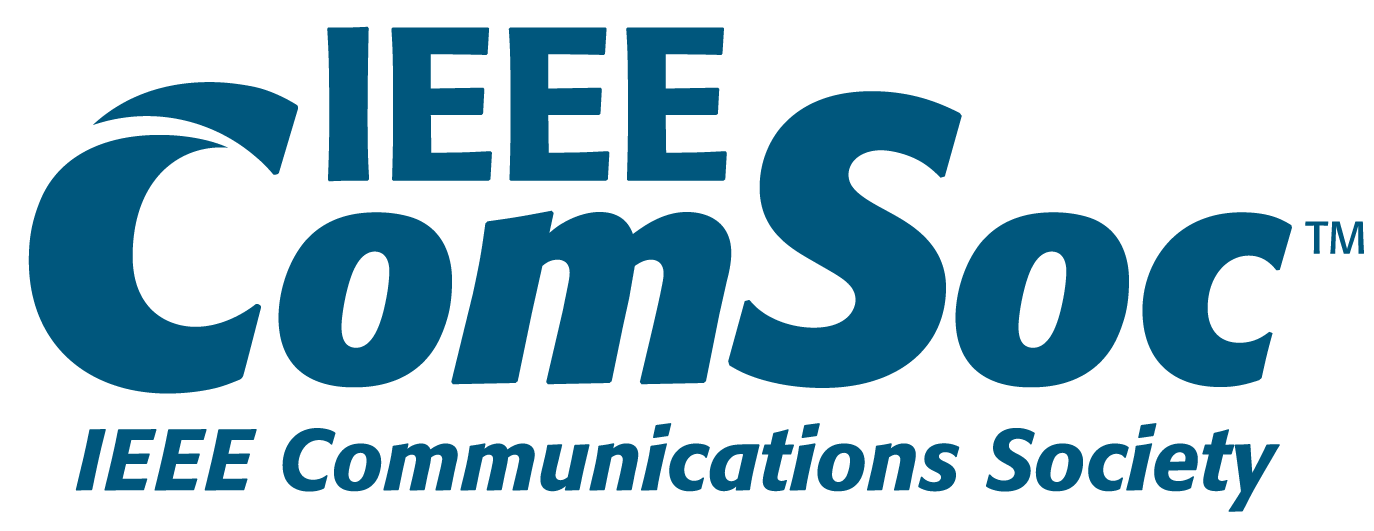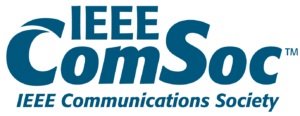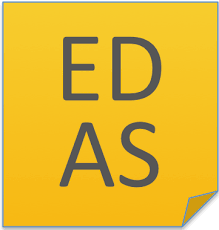ICIN 2024 Call For Papers
(Click here to download CFP in PDF format)
ICIN 2024 is technically co-sponsored by IEEE & IEEE Communications Society
All accepted and presented papers will be submitted for publication in IEEE Xplore Digital Library.
Authors of selected papers accepted for publication at ICIN 2024 will be invited to submit an extended version of their paper to IEEE Transactions on Network and Service Management (TNSM).
ICIN 2024 solicits original, unpublished work not currently under review by other conferences or journals. Papers submitted to ICIN 2024 will be assessed based on originality, technical soundness, clarity and interest to a wide audience. All submissions must be written in English and must use standard IEEE two-column conference template, available for download from the IEEE website: https://www.ieee.org/conferences/publishing/templates.html
Only PDF files will be accepted for the review process and all submissions must be done electronically through EDAS at: https://edas.info/N31119
Technical papers can be up to 8 pages (Full papers) and 5 pages (Short papers), including tables, figures and references.
At least one author is required to register, at the full rate, to present accepted papers at the conference and for the paper to appear in the conference proceedings.
Areas of interest and topics include, but are not limited to:
– Intelligent network service management
- Intelligent end-to-end service configuration
- Intelligence and cooperation models across network segments
- Intelligent resilience and robustness schemes
- Cross-network intelligence and services trustworthiness enablers
- Intelligent and flexible networks and services for high adaptability
- Support of intelligent network service management by digital twins
- Distributed intelligence in B5G/6G networks
– Compute continuum and intelligent softwarized networks evolution
- Intelligent edge for vertical industries
- Digital twins challenges
- Automotive and vehicular networking, vehicular cloud services
- Industrial networks and intelligent automation
- Tactile Internet and precision networking
- Functional decomposition and orchestration, service chaining
- Protocols for ultra-low latency and ultra-high reliability
- Fog, edge and multi-access computing and networking
- Security, trust and privacy
– Enablers and services for intelligent wireless and mobile networks
- Network and service architecture, protocols, application-network layer interworking,
- Scalability and multi-tenancy in beyond 5G and emerging networks
- Green networking and efficient resource usage and service delivery
- Security, trust and privacy management in large systems and smart environments
– Network automation and orchestration architectures and protocols
- Zero-touch network and service management and orchestration
- Artificial intelligence for networks and networks for artificial intelligence
- Orchestration of mobile and ephemeral resources, automated infrastructure discovery
- Network data analytics, anomaly detection, and feature extraction
- Autonomic and cognitive networking
- Automated data, control, and management planes
- Intent-based network management
- Self-driving networks
- Network programmability
- Automated QoS/QoE management
- Orchestration of distributed cloud and network resources
- Security, societal, and legal aspects of network automation
- Federated learning based applications
– Technologies for innovation in clouds, Internet and networks
- SDN, NFV, service function chaining, function placement and network embedding
- Cloud-native design applied to network planes
- Serverless computing and FaaS
- Application-aware networking
- Blockchain and Distributed Ledger Technologies in networking and network services
- Advanced multimedia and real-time communications, QoE/QoS Assurance
- Lightweight virtualization technologies, software and hardware acceleration
- Energy-efficient software-defined infrastructures
- Measurement, monitoring and telemetry
- Time-sensitive and deterministic networking
- Open-source projects and open standards








